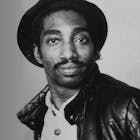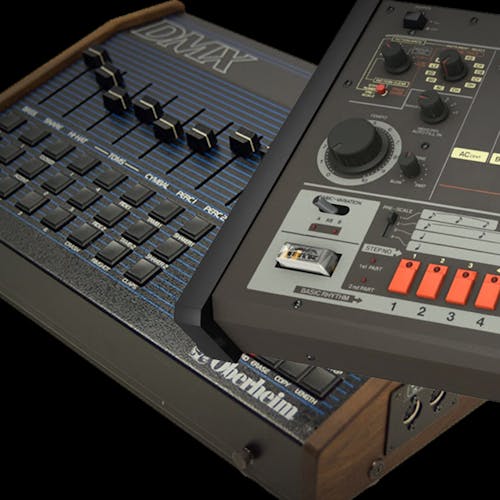Michael Concepcion was one of the original Crips, and he was adamant about using his influence to create something to counter the gangbanging that had become pervasive in Los Angeles. It was reported that, by the late 1980s, there were more than 450 street gangs, with over 36,000 members, operating in Los Angeles. Additionally, the National Institute of Justice's Police Chief Journal reported:
"In 1989, there were 1,113 drive-by shooting incidents, accounting for 1,675 victims. The Los Angeles Police Department estimates that up to half of gang victims are not even remotely associated with any form of gang activity."
Concepcion had been paralyzed from a gunshot, and saw a way to try and use his clout as one of the most respected godfathers in the Crips to bring together rap stars to help raise awareness and reach the youth. In 1988, "Self-Destruction" had been the brainchild of the Stop The Violence Movement, famously started by KRS-One after the murder of Boogie Down Productions co-founder Scott La Rock, and amidst rising violence at rap concerts. "We're All In The Same Gang" would address California's gangbanging culture, and it would prominently feature the West Coast's stars of the time.
Concepcion would tap Dr. Dre of N.W.A. to produce the track. Ruthless Records heavily factored into the success of "...Same Gang." In addition to Dre's production, Eazy and MC Ren from N.W.A. make appearances on the song; as well as label stars Above The Law, and J.J. Fad appears in the music video. Ruthless co-founder Jerry Heller wrote in his memoir about the call from Concepcion that led to the label's involvement in what became "We're All In the Same Gang."
"I got this idea, Jerry," Concepcion reportedly told Heller. "I'm trying to broker this peace deal between the sets, you know. Because this killing has got to stop." The high profile contributions of Ruthless Records meant that one of the West Coast's biggest stars wouldn't be involved with "We're All In The Same Gang." A now-solo Ice Cube isn't on the song or in the video. The South Central native was newly-departed from N.W.A., and on the cusp of one of Hip-Hop's most infamous feuds. Ice Cube's absence from "...Same Gang" was conspicuous, to say the least; but Ice-T participated in the track and would later state that it wasn't anyone else's place to judge or comment on the disagreement between Cube and his former label and bandmates in N.W.A.
"Once N.W.A. and them had their little situation, we all stepped back," Ice-T told Soren Baker in 2020. "That was a family feud. It was nobody's business. Me, Ren, Cube and all of us—we used to tour together, so we were all friends. But how do I get involved in a family feud."







